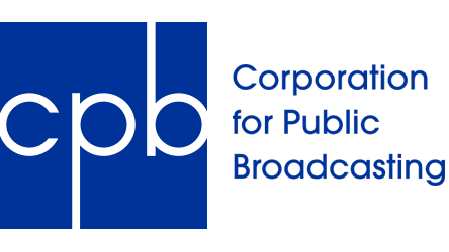Broadband plan goes to Congress this week
The briefings have already begun, as Congress finally gets the FCC’s extensive plan for the future of broadband technology this week. The plan will be officially unveiled at the FCC’s public meeting on Tuesday, March 16.
Yet, at the same time, Internet access costs in the United States continue to rise. On the same day that the FCC focused on affordable broadband service to close the digital divide, Comcast announced price increases for Internet service even as its own costs are declining.
Within the comprehensive plan is a proposal that would seek spectrum from television broadcasters for the expansion of broadband. In the final hours before the plan was to be released, lobbying was fierce on both sides.
The NAB’s media executive, Dennis Wharton, sent reporters a “Wall Street Journal” editorial by Holman Jenkins entitled “The FCC’s Misguided Spectrum Quest.”
“The real problem here is the agency’s technological crystal-ball gazing, a source of recurrent damage to the industries under its purview,” Jenkins wrote. “The FCC talks a good game about letting broadcast spectrum find its ‘highest and best’ use, but predictably degenerates into simply trying to pry spectrum away from its previous favorite technology [broadcast] and give it to its new favorite [mobile broadband].”
Meanwhile, FCC commissioner Mignon Clyburn called on the commission to examine competition in the broadband market. “When prices rise across the industry, and where there are only a limited number of players in the game, we have to ask ourselves whether there is any meaningful competition in the marketplace,” Clyburn said of the Internet service providers.
Ben Scott, policy director for Free Press, a digital advocacy group, praised Clyburn’s efforts. “For too long, the FCC has avoided confronting the competition problem, leaving American consumers and business at the mercy of the phone and cable companies,” Scott said.
The professional video industry's #1 source for news, trends and product and tech information. Sign up below.
“The practical consequences of the lack of meaningful competition in our broadband market is less investment and innovation, lower adoption, and millions of dollars in lost consumer surplus,” Scott continued. “Our competition failures are why America continues to lag our global counterparts in every measure of broadband success, and they are what drove Congress to ask the FCC for a National Broadband Plan.”
